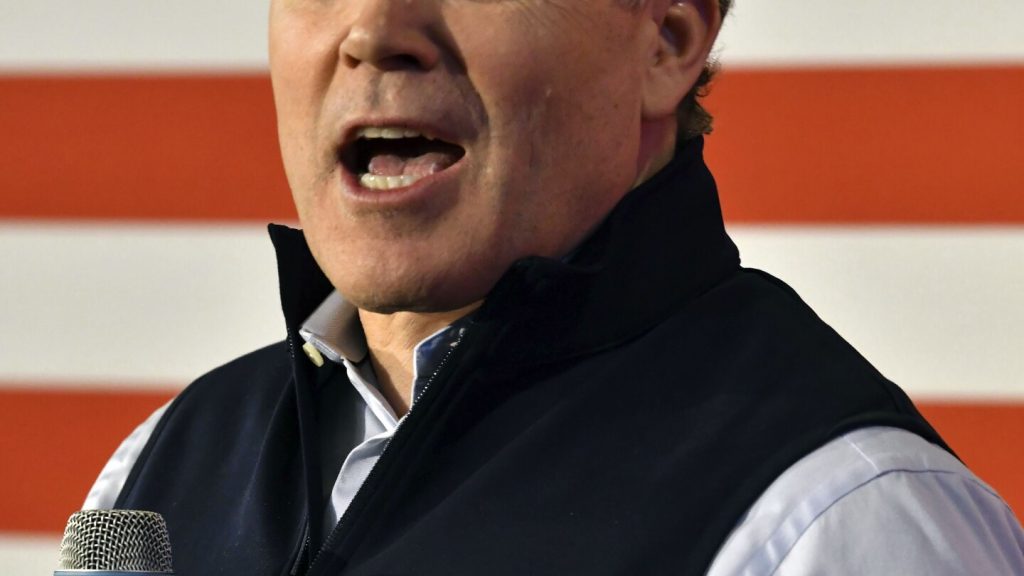Democratic U.S. Sen. Bob Casey of Pennsylvania has proposed a series of debates with his Republican challenger, David McCormick, leading up to the November general election. McCormick readily accepted the proposal, and the race for a Senate seat in the battleground state is expected to be costly and help decide control of the chamber next year. Casey intends to participate in three debates in the fall, with one scheduled to take place in Philadelphia, Pittsburgh, and Harrisburg before the Nov. 5 election. This move is in line with Pennsylvania’s history of political debates, providing an opportunity for the candidates to present their cases to the public.
The tradition of televised debates as a forum for voters to evaluate candidates has declined in recent years, making the likelihood of debates in this year’s presidential race uncertain. The proposed series of three debates in the Pennsylvania Senate race would be the most significant conversation between candidates since 2006 when Casey and then-GOP Sen. Rick Santorum had four debates. In the state’s last five U.S. Senate contests, debates have not been a major feature, occurring in mid to late October with varying numbers in each campaign. The upcoming debates between Casey and McCormick mark a return to in-depth candidate discussions in the state.
In the 2022 Senate race, Democratic nominee John Fetterman, who went on to win the election, agreed to participate in just one debate due to health reasons. Fetterman had suffered a stroke that nearly killed him and left him with lingering effects, including difficulty speaking fluidly and processing auditory information quickly. His Republican rival, Dr. Mehmet Oz, pressured Fetterman to participate in the debate, questioning the severity of his health issues. Despite the challenges, Fetterman engaged in the debate, showcasing his determination and commitment to engaging with voters.
In contrast to the Senate race, the 2022 gubernatorial race in Pennsylvania did not see any debates between Democratic candidate Josh Shapiro and Republican candidate Doug Mastriano. Mastriano rejected a media-moderated debate and instead arranged a partisan debate in a hotel ballroom two weeks before the election. He chose a one-time White House staffer and former communications director for President Donald Trump as the moderator. The lack of debates between the gubernatorial candidates highlights the different approaches to engaging with voters and presenting their platforms in a competitive election year.
As the campaigns for both the Senate and gubernatorial races in Pennsylvania unfold, the focus on debates and candidate engagement becomes crucial for voters to make informed decisions. The willingness of candidates like Casey and McCormick to engage in debates demonstrates their commitment to transparency and accountability in the electoral process. With the potential for significant influence on the balance of power in the Senate and the state government, the outcome of these races will be closely watched by both residents of Pennsylvania and political observers nationwide. Stay updated on the latest developments in these races by following political reporter Marc Levy on Twitter.















